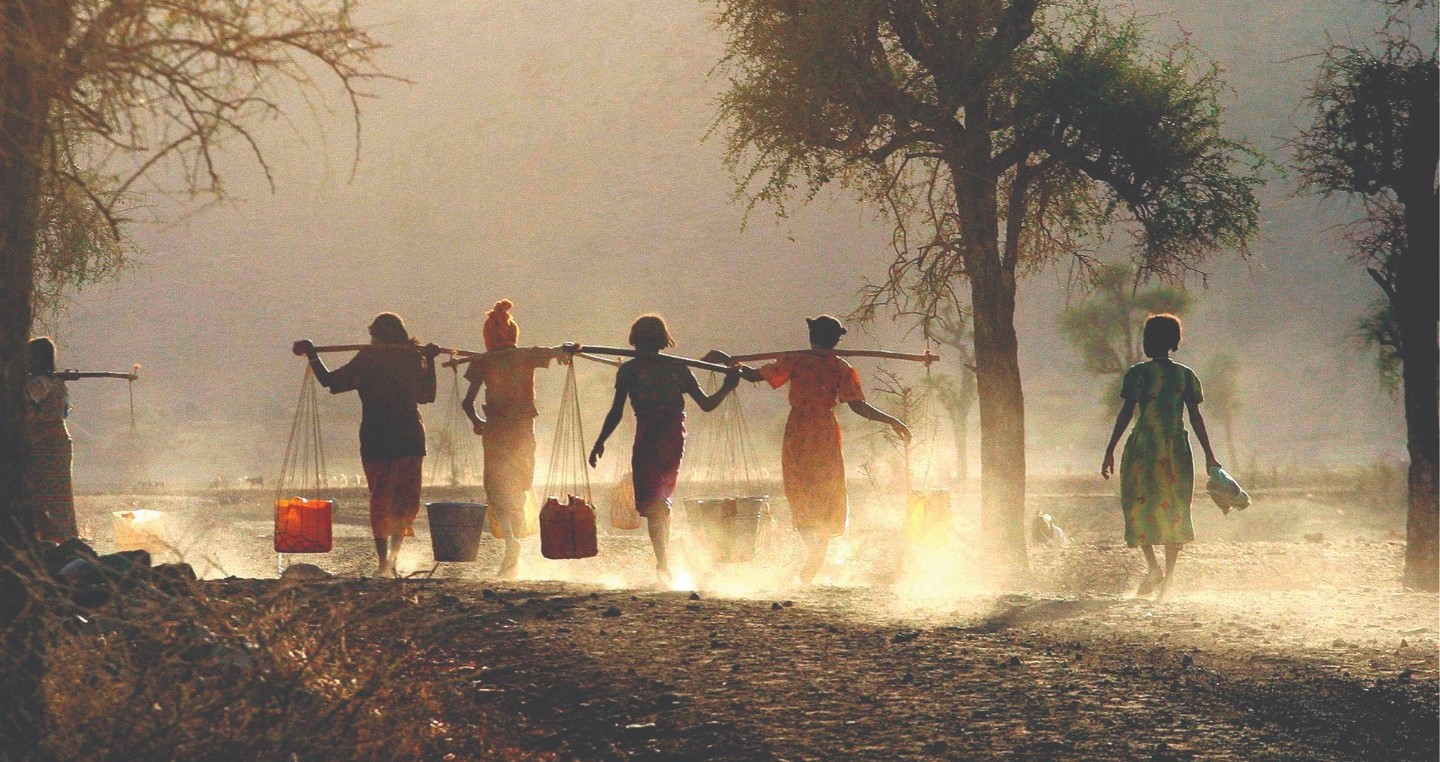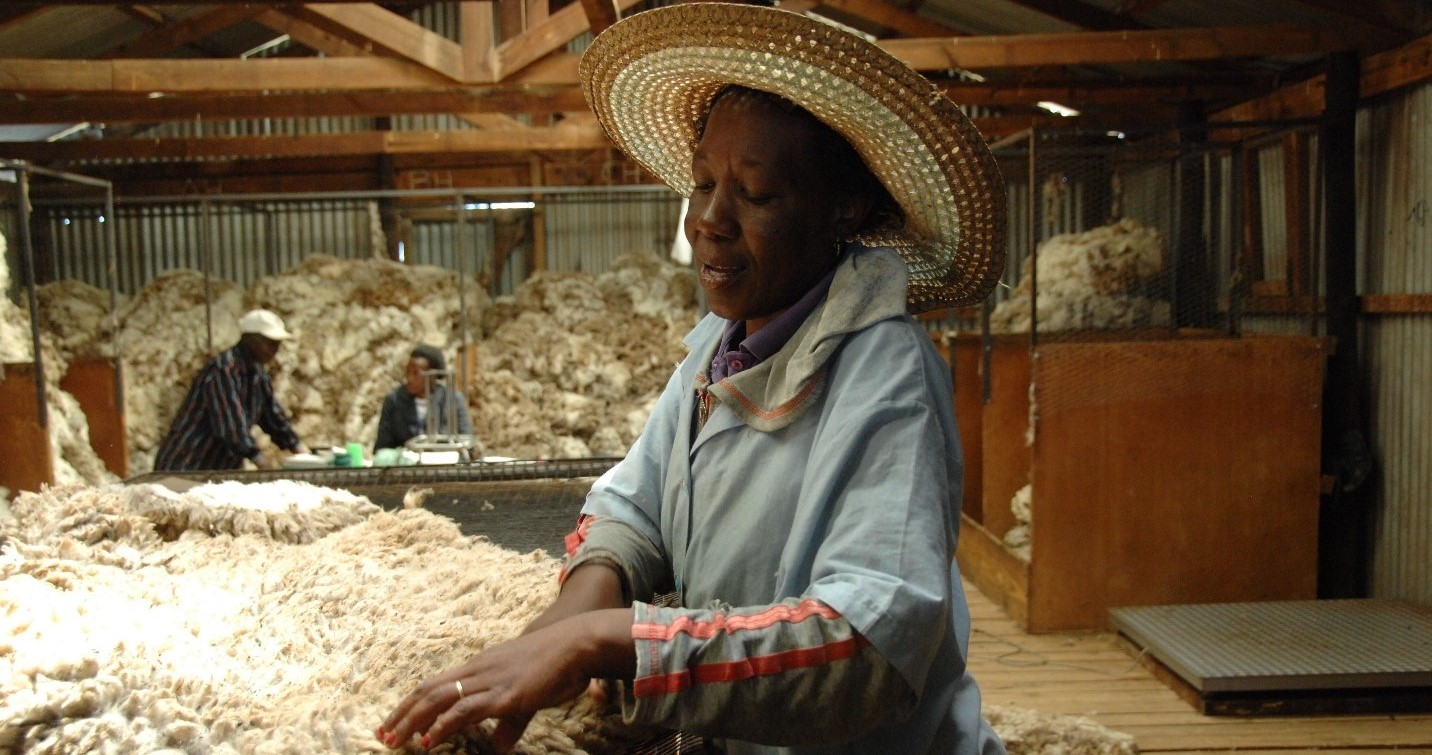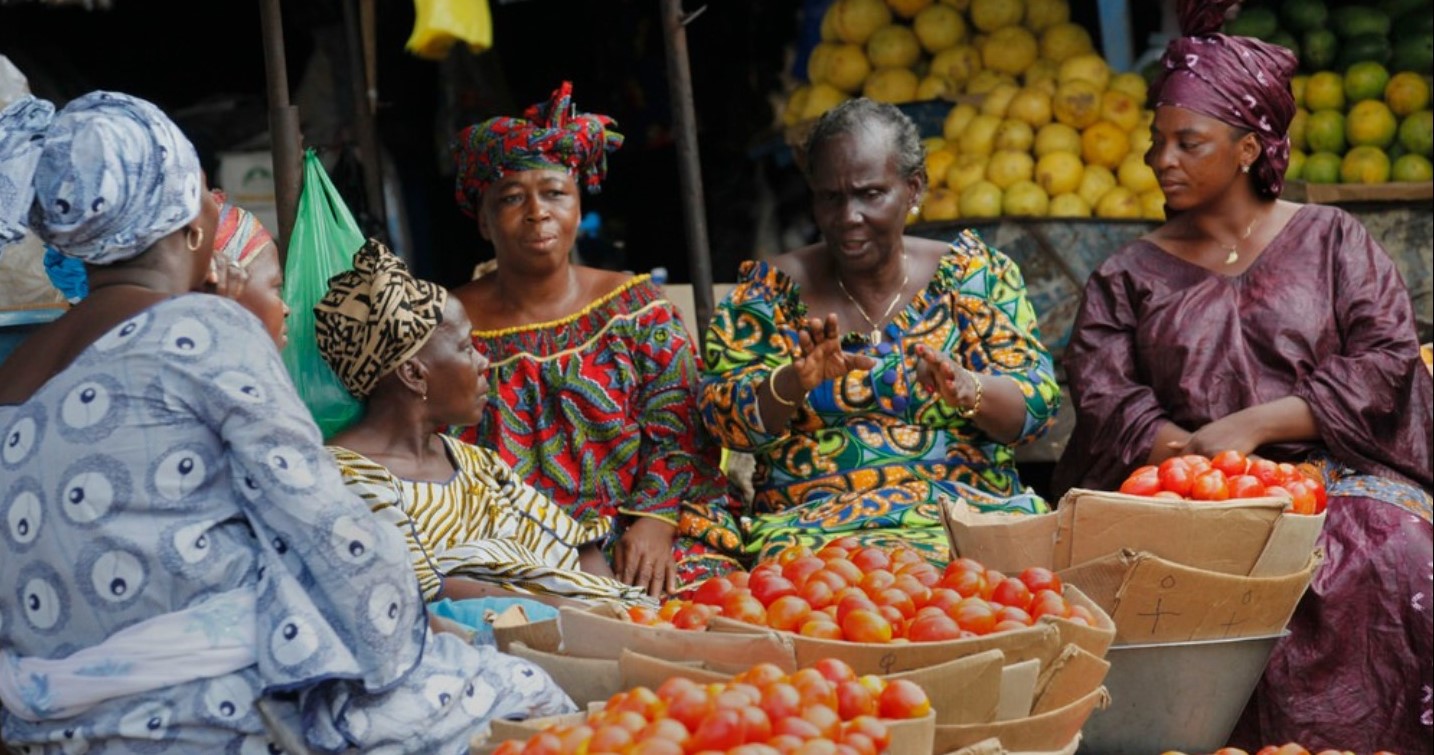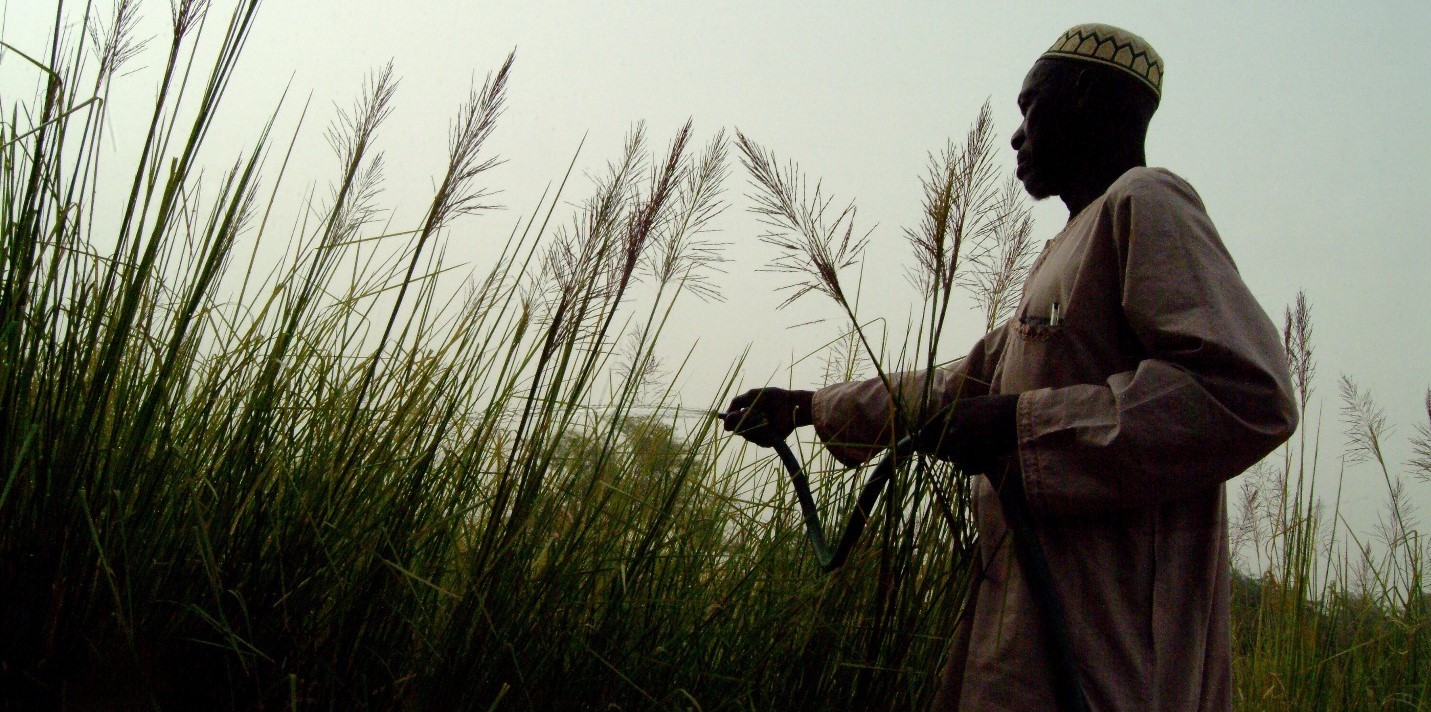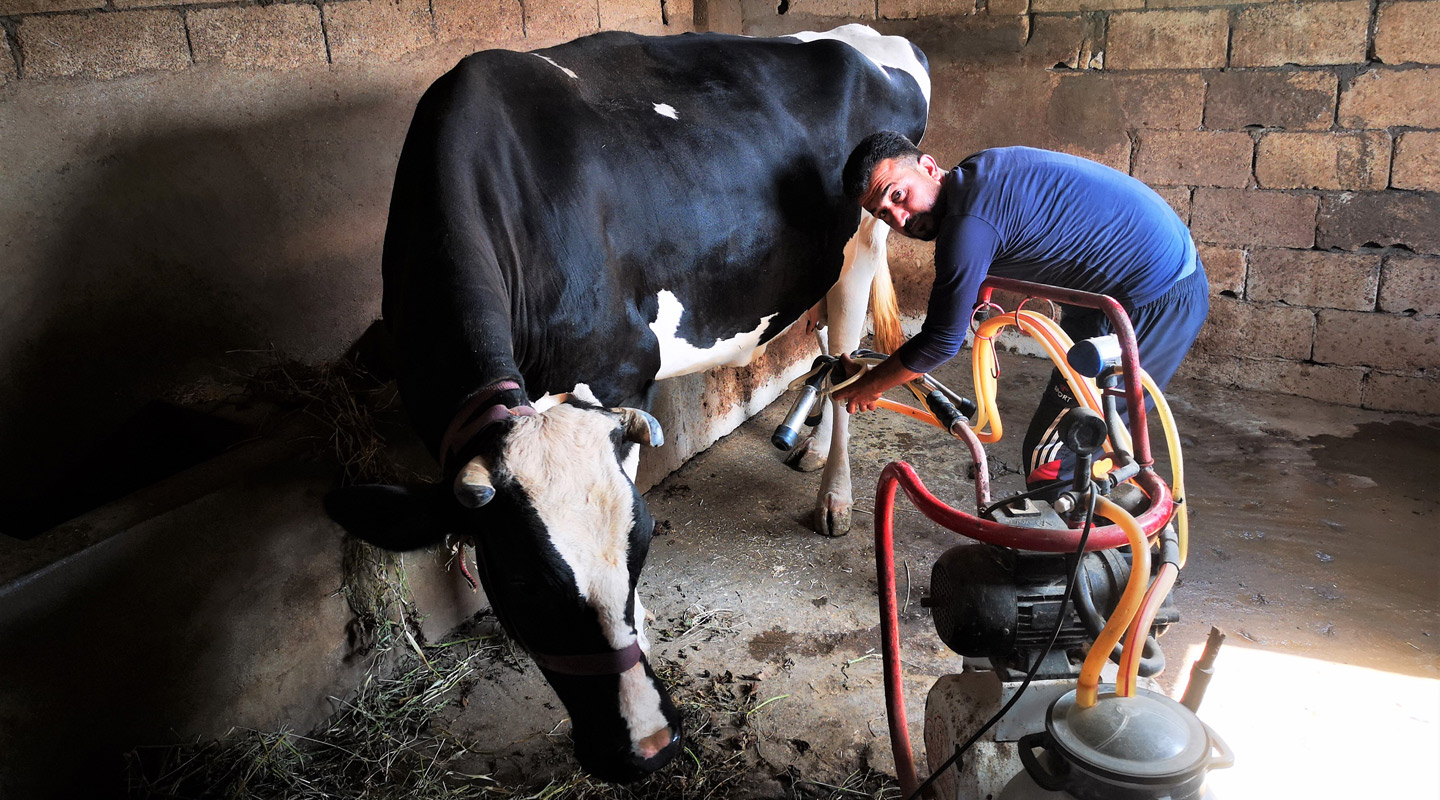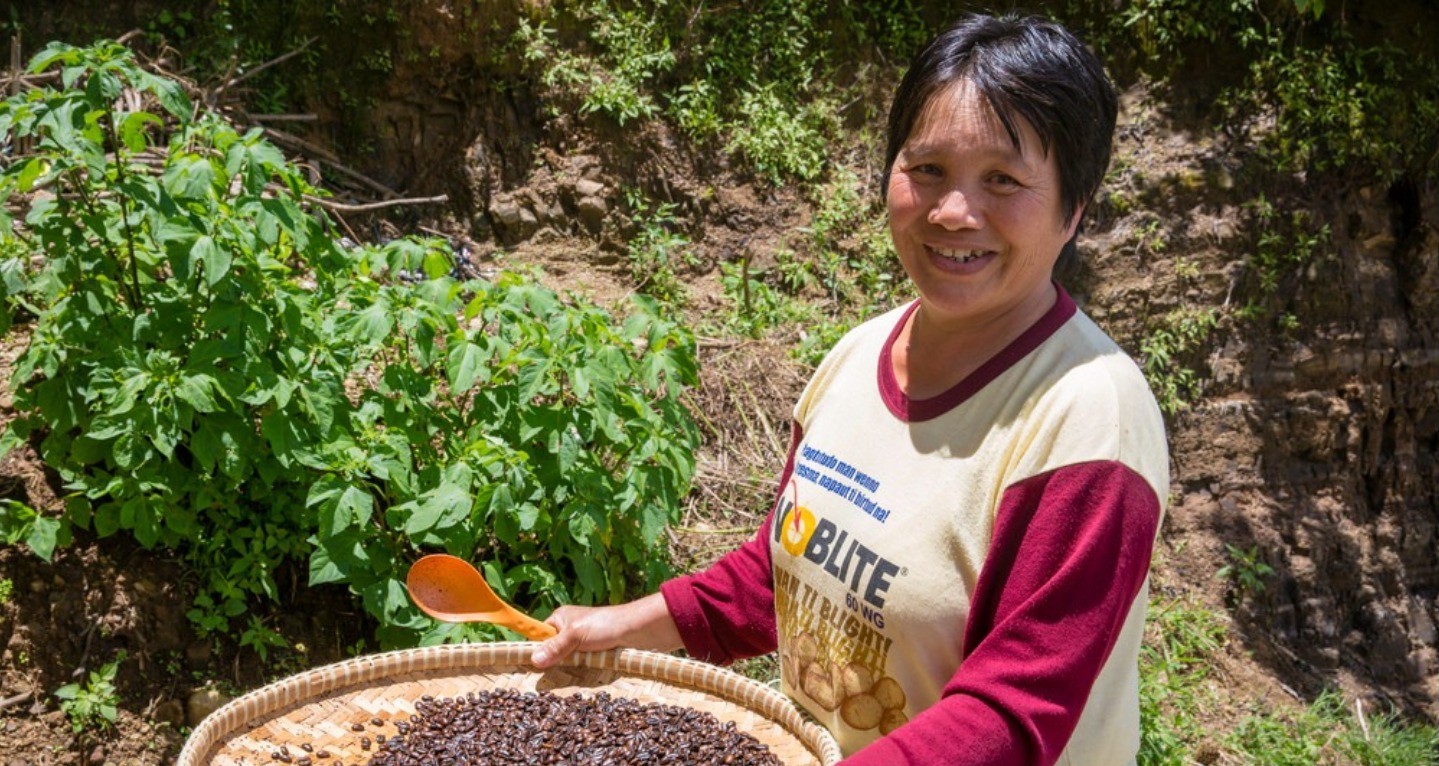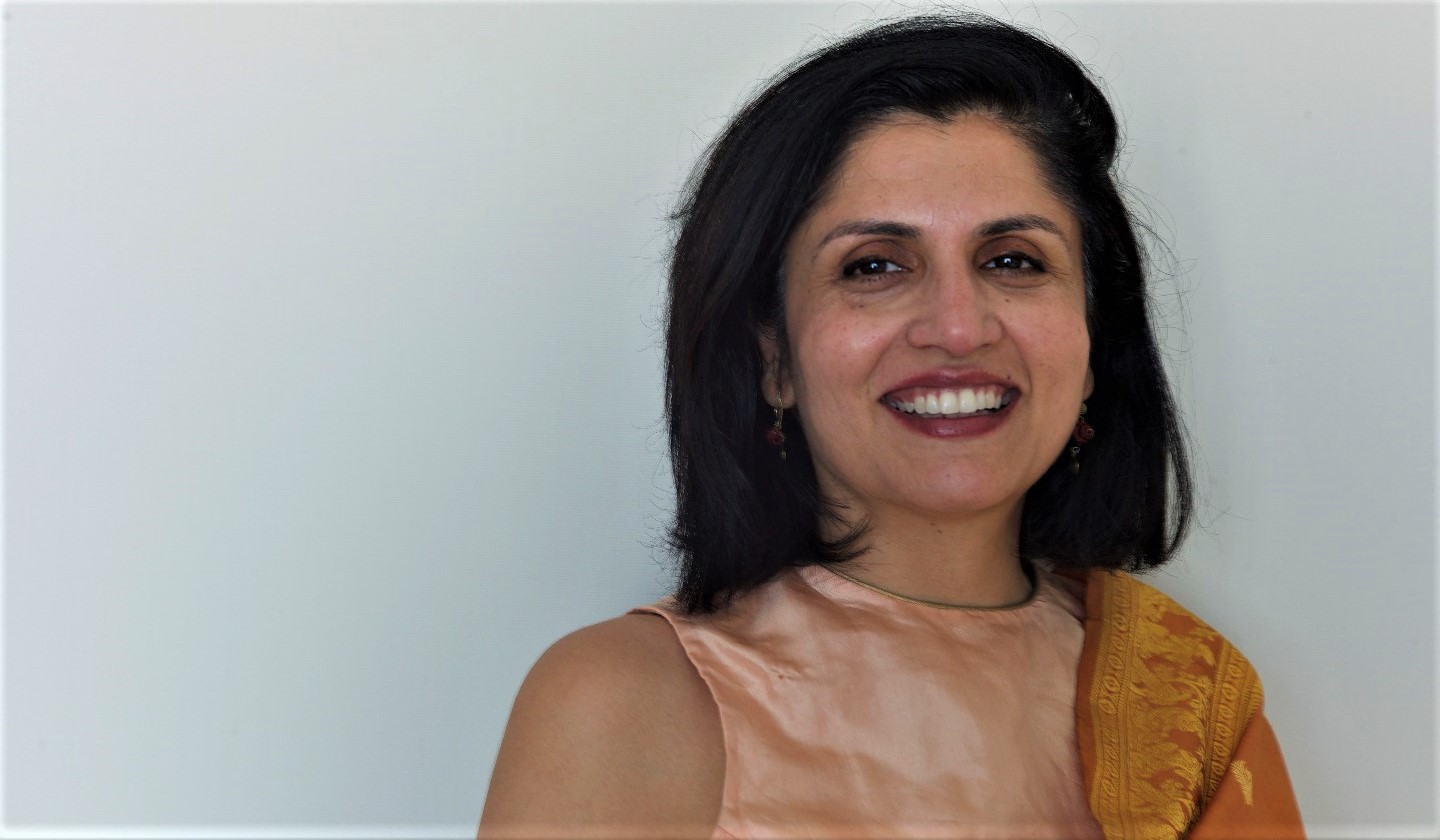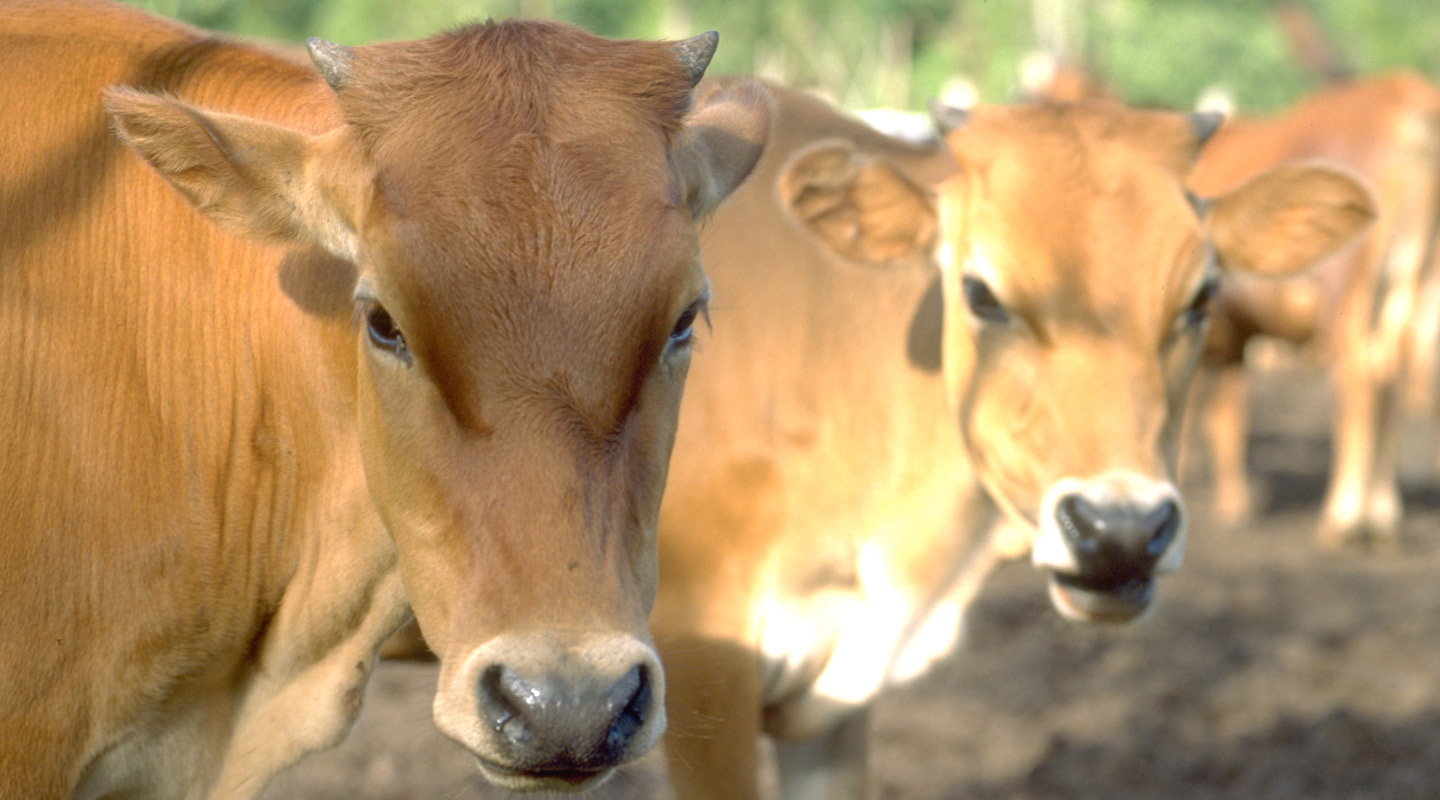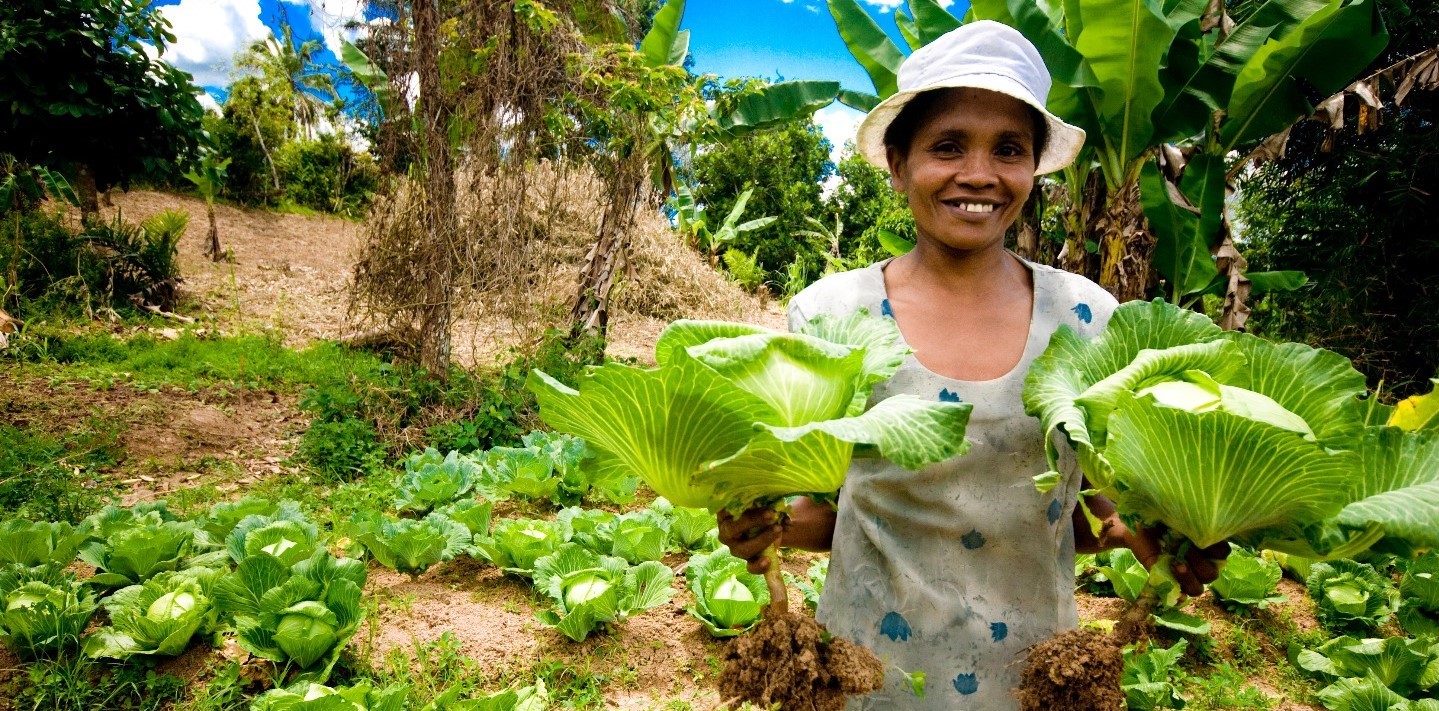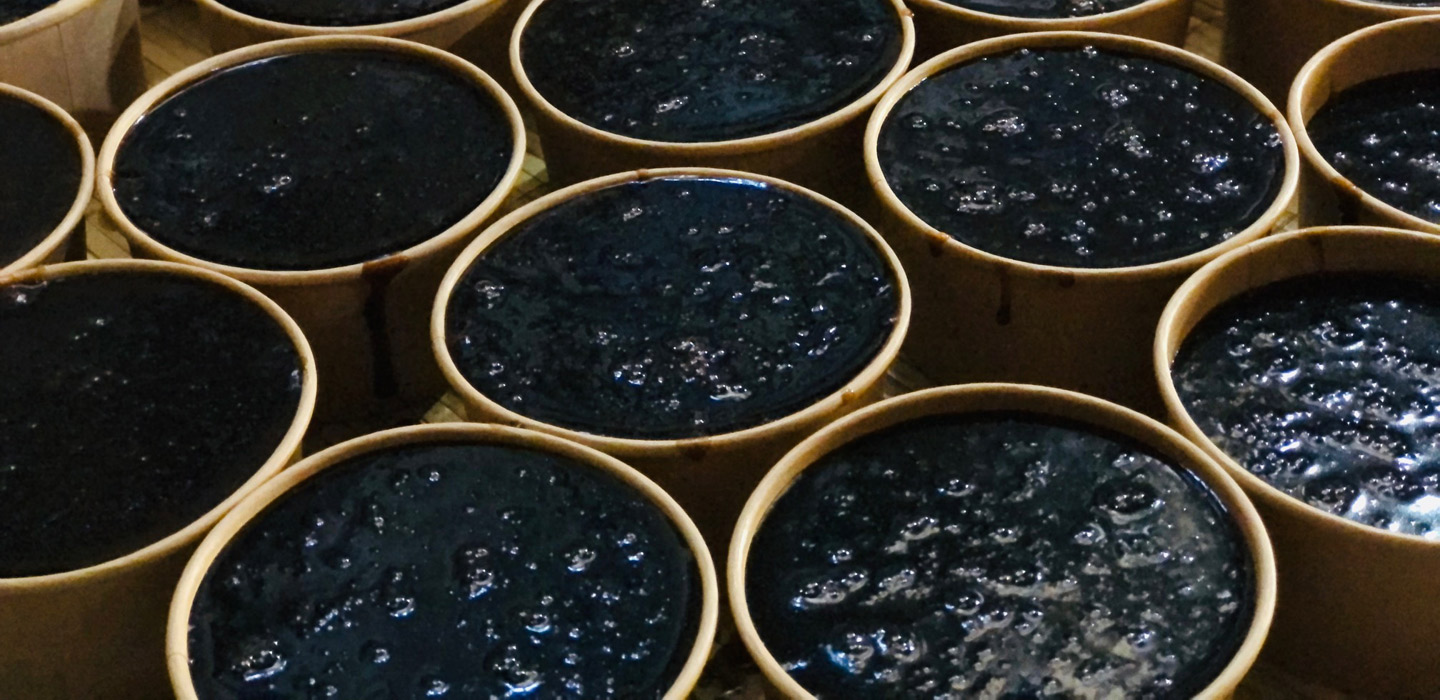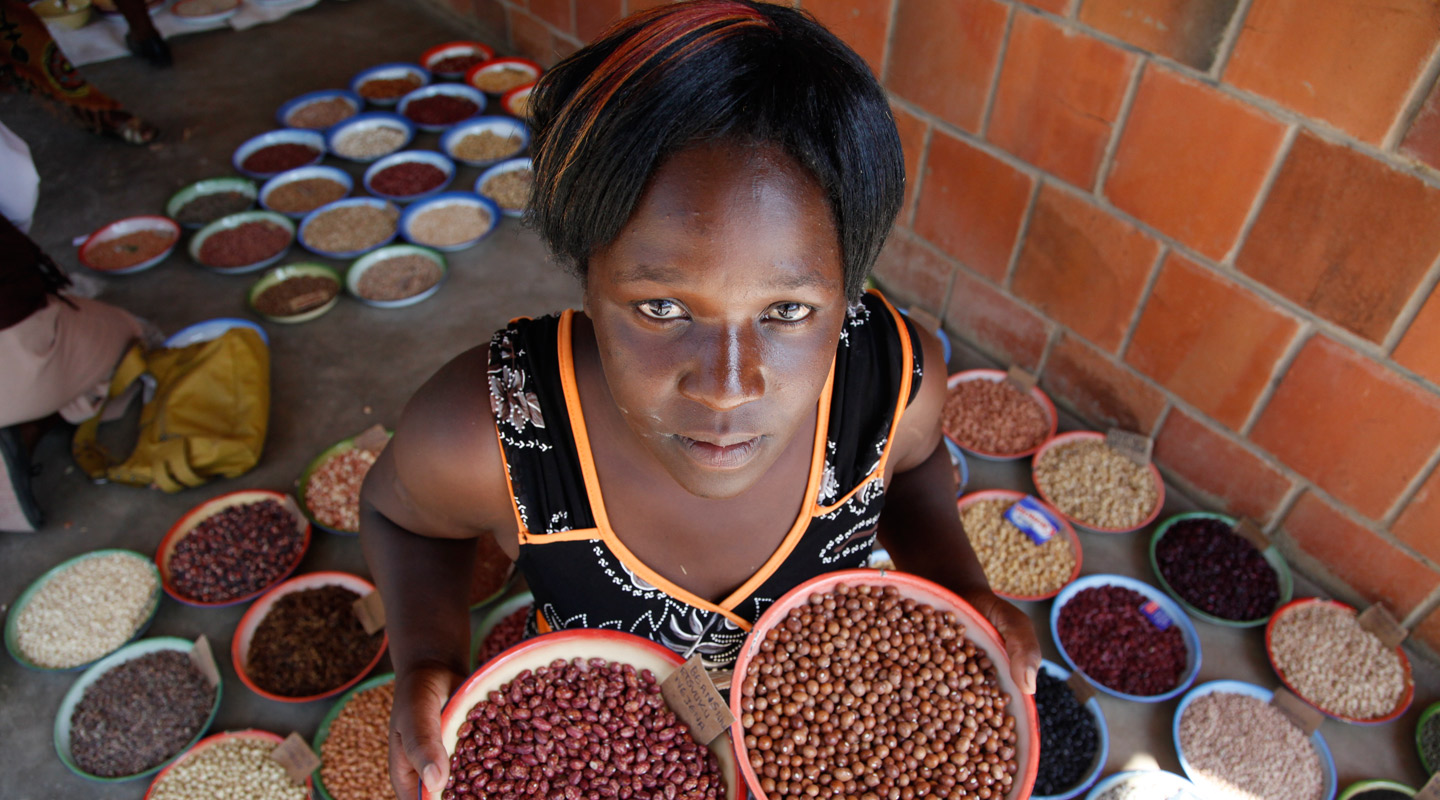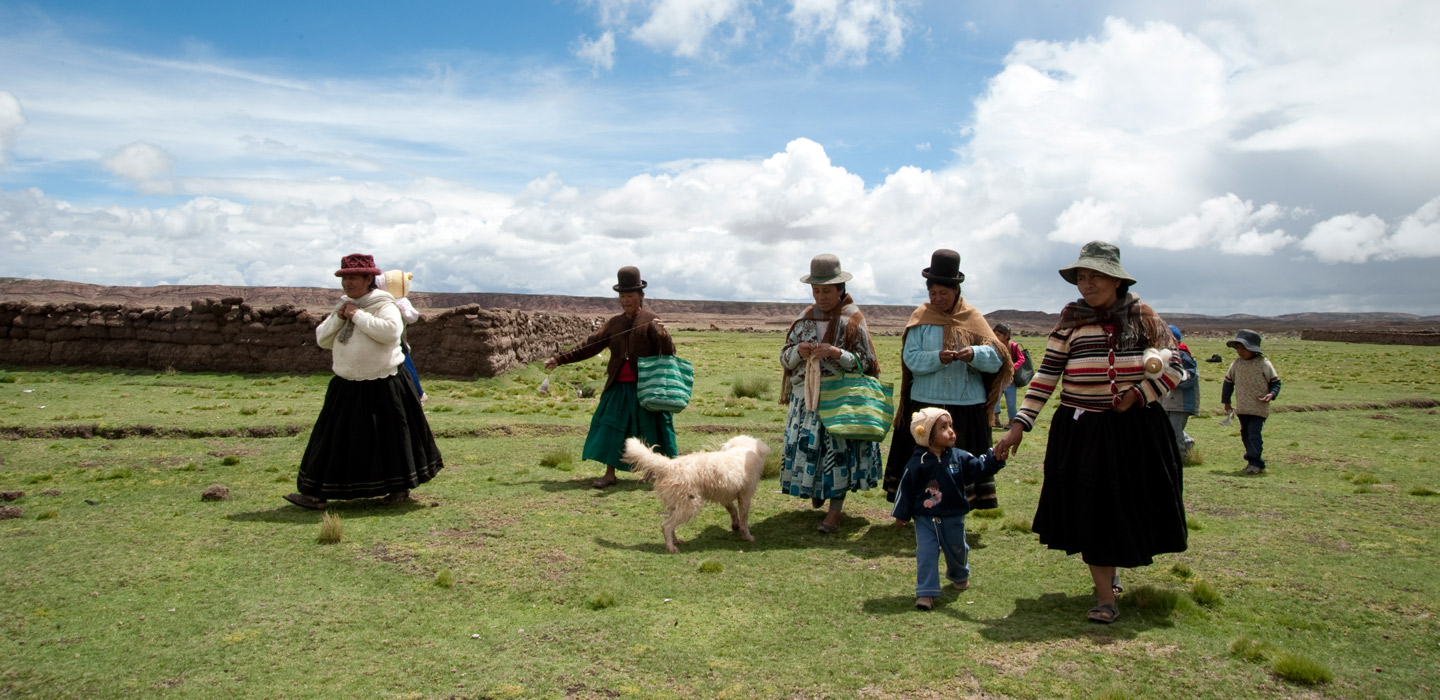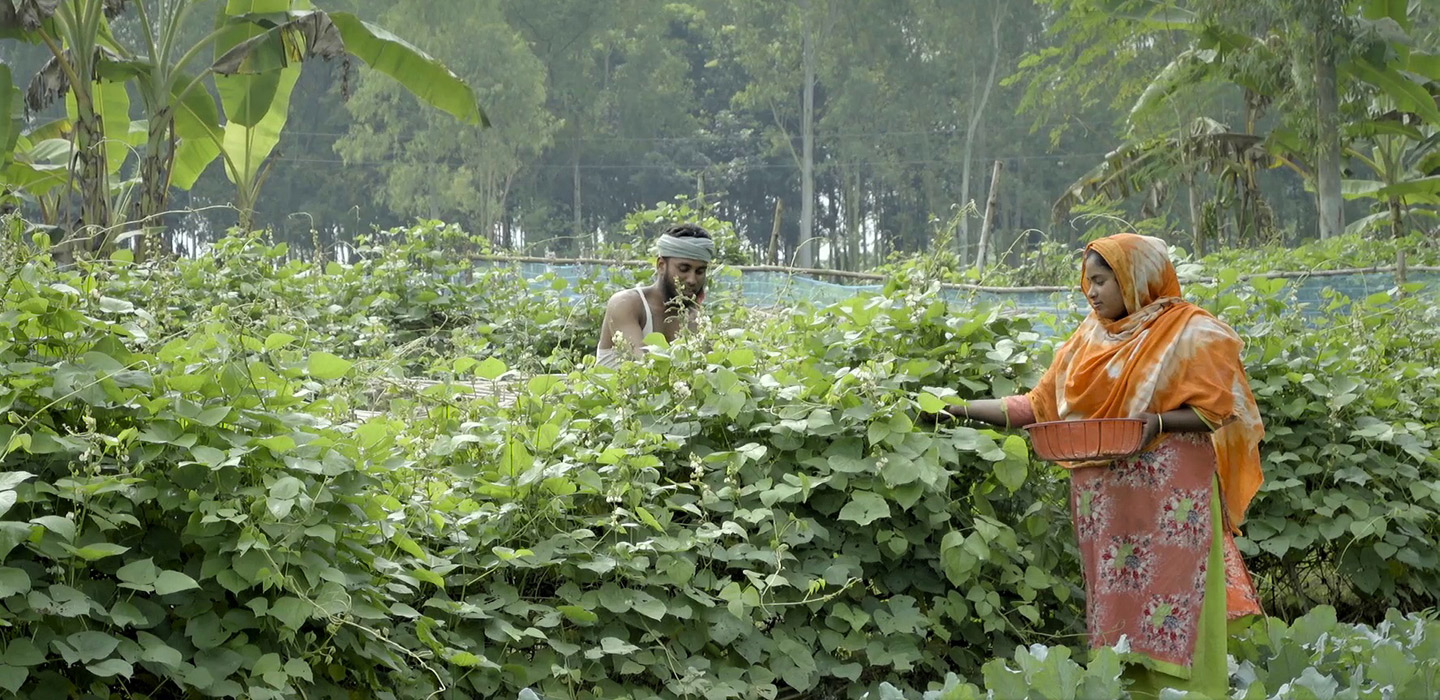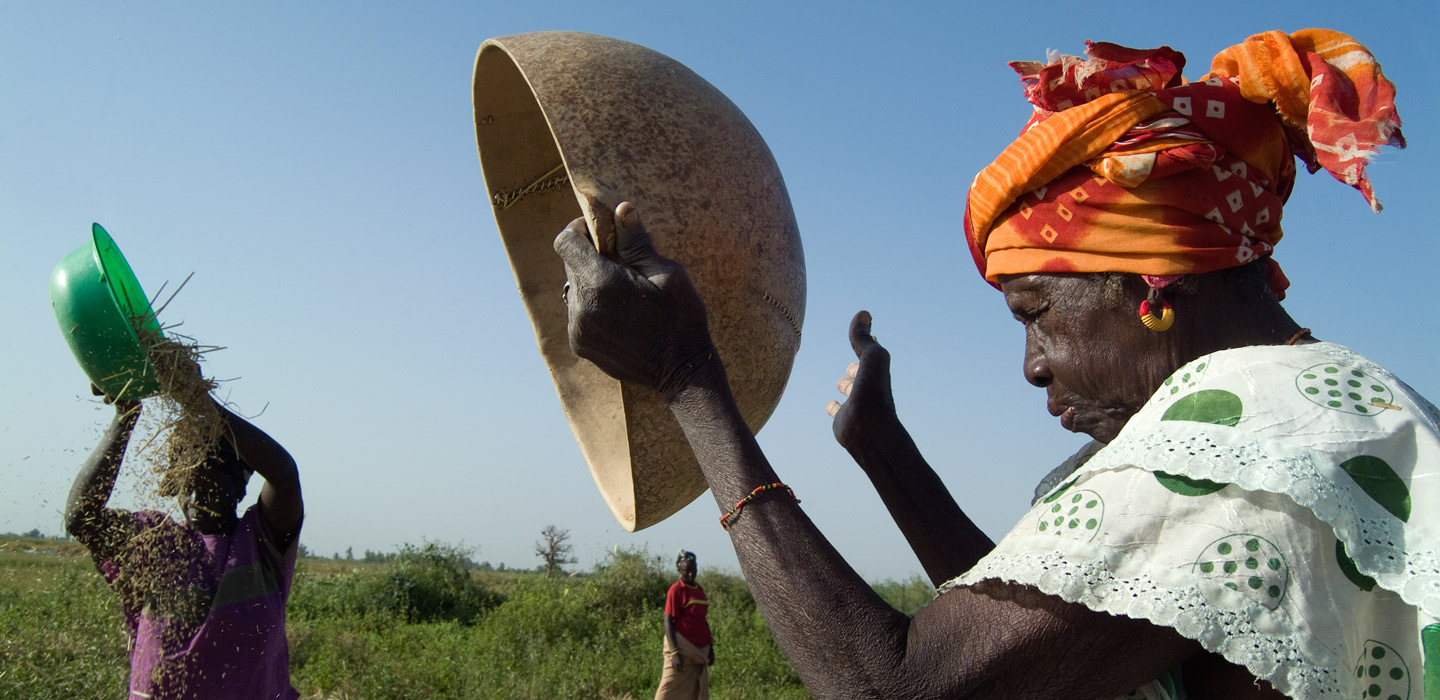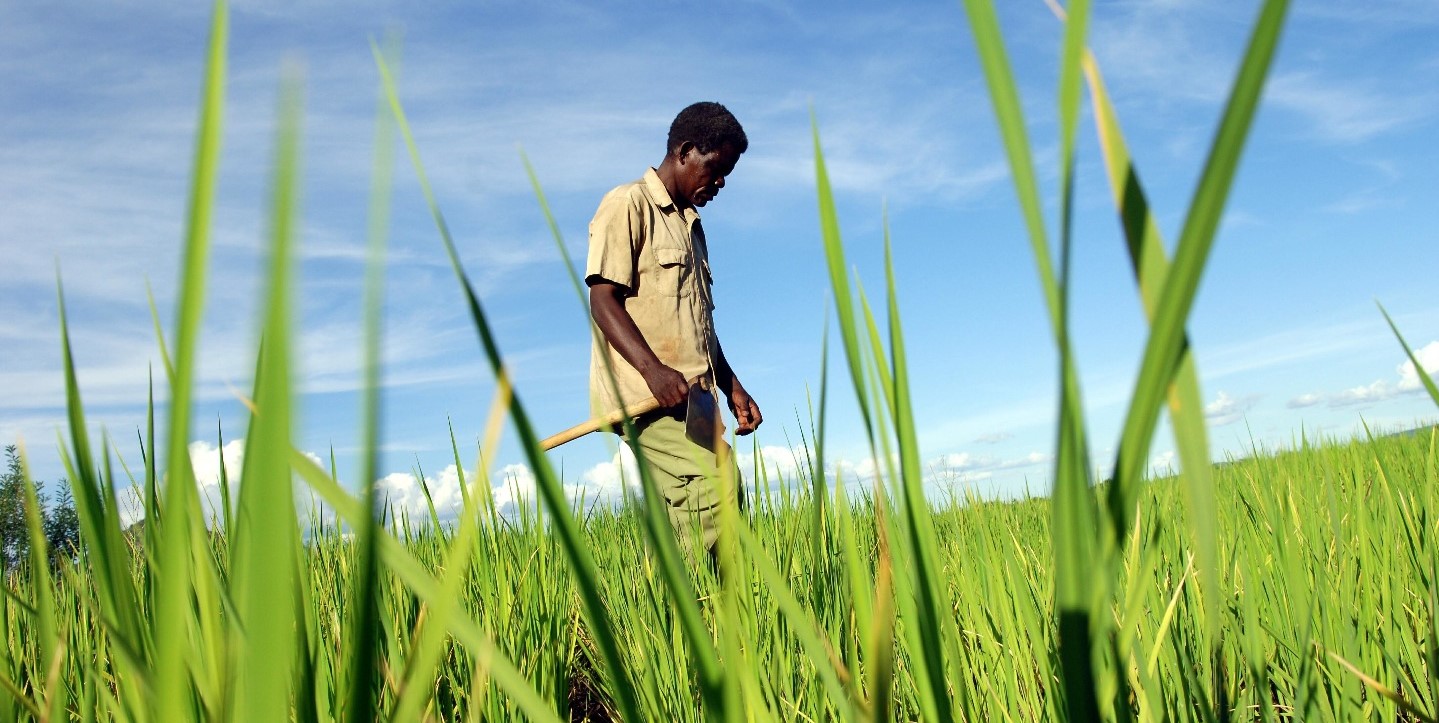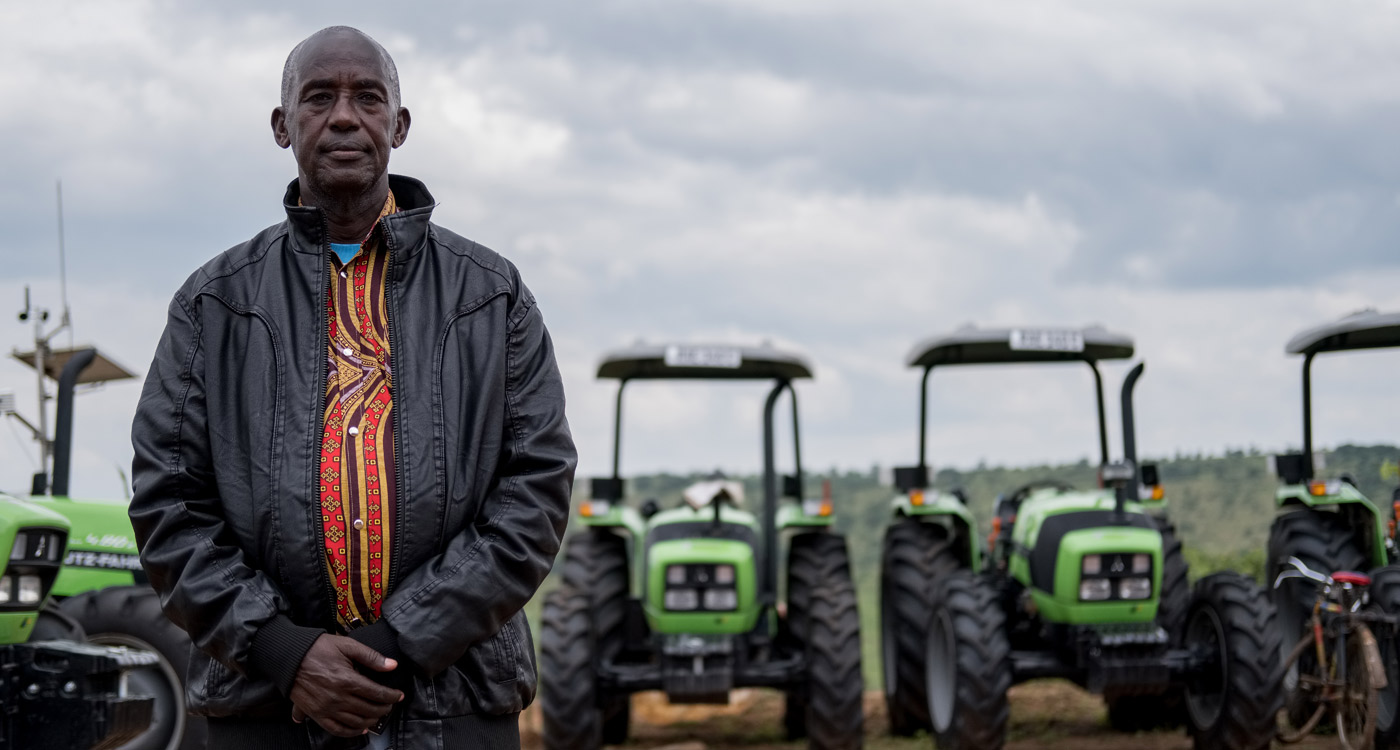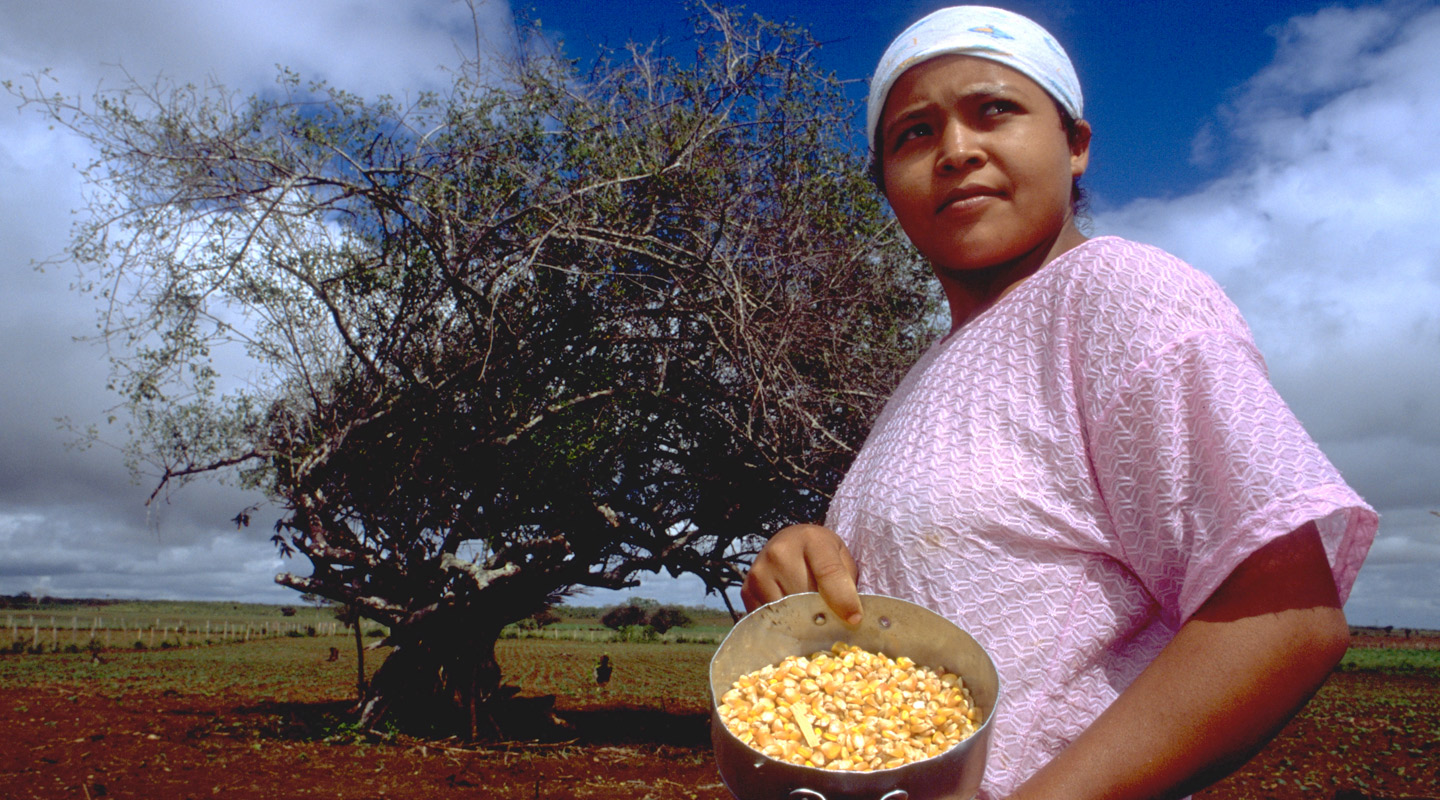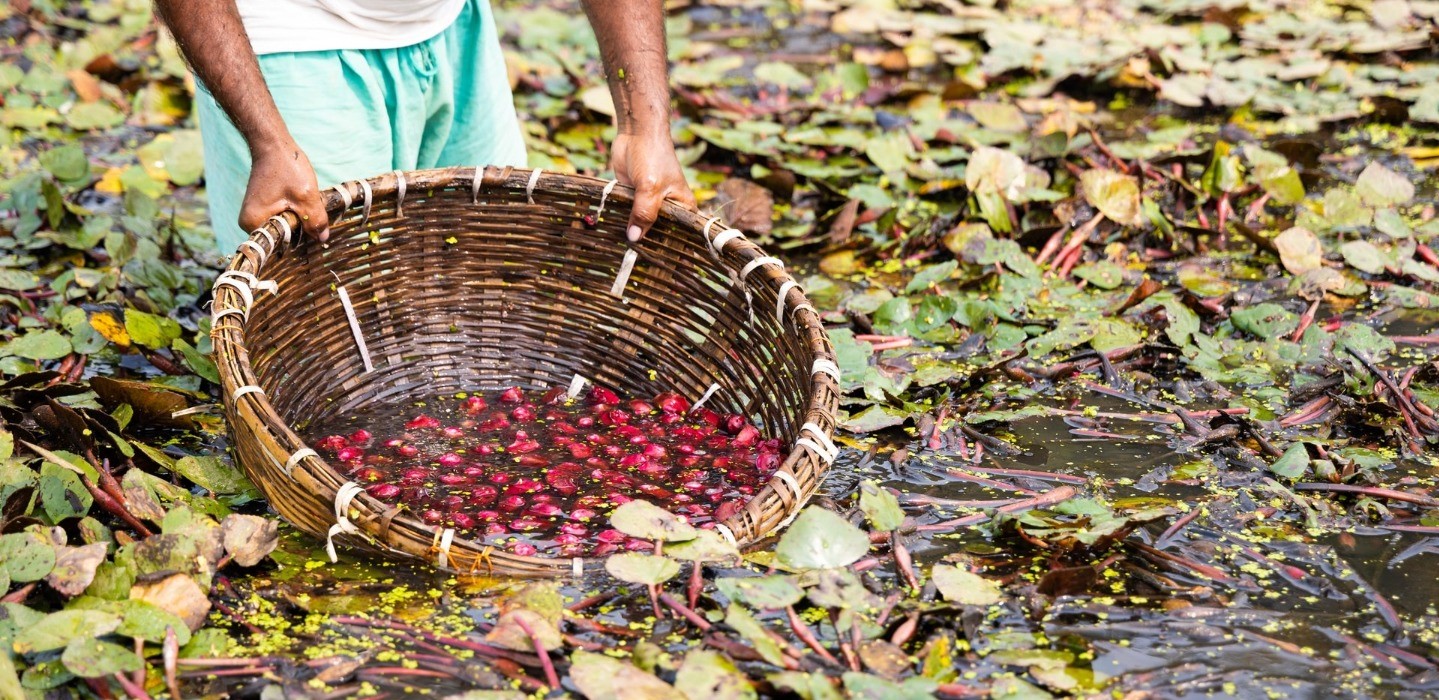Latest
Latest

Latest
Manual Submenu Topics
Search Results Filters
Search Results
Small-scale producers are central to Africa’s forest restoration efforts
Small-scale farmers have an important role to play in restoring Africa’s forests. Two IFAD-supported projects in Eritrea and Kenya are helping these farmers engage in efforts that both restore local forests and have direct economic and social benefits for their communities.
Finding a way forward: Sector reforms in Lesotho’s wool and mohair industry
Lesotho’s efforts to nationalize its wool and mohair industry set off a cascade of unintended consequences. At the government’s request, IFAD and the WAMPP project commissioned a study to analyze the impacts of these regulations and inform future policy revisions.
The labour market dynamics of COVID-19
Over a year and a half into the COVID-19 pandemic, there’s still a lot to learn about how the labour market in developing countries is reshaping itself – especially in terms of gender dynamics. Our latest study tracks employment trends in Nigeria with both pre- and post-pandemic data.
Building a Great Green Wall: Four lessons learned from the World Bank assessment
Helping the people of the Sahel prosper requires a Great Green Wall stretching across Africa. IFAD is embarking on a series of projects to help build this “wall.” We recently sat down with the World Bank to learn from their successes and challenges across a decade of their own project implementations in this region.
Support for Syrian herders and farmers to safeguard livelihoods in the face of the COVID-19 crisis
IFAD has contributed a US$544,795 grant to alleviate the pressure of the COVID pandemic on the Syrian rural community.
Mainstreaming agroecology in the Asia-Pacific region
Agroecology is a holistic approach that integrates elements of ecology, economy, and society within a food system. It also supports the well-being of small-scale producers, especially in terms of their empowerment and social inclusion. IFAD has a long tradition of supporting agroecology practices throughout Asia-Pacific, especially the Himalayas region.
Global climate leader appointed Associate Vice President at UN rural development agency IFAD
More investments in innovations and knowledge are urgently needed to increase the ability of rural people to adapt to climate change and shocks, said Jyotsna Puri, a long-time advocate for climate change adaptation and evidence-based policy and big data, who today takes up the position of Associate Vice President of the Strategy and Knowledge Department at IFAD.
The Lare Milk Dealers find their niche
Milk processing is normally a profitable venture in Kenya’s Nakuru County, but the Lare Milk Dealers Youth Group struggled to enter the market at first. Thanks to trainings hosted by an IFAD-supported project and some innovative additions to their business model, they’re now thriving.
Agroecology can address food systems failures - new IFAD report
In its first comprehensive assessment of agroecology, the International Fund for Agricultural Development (IFAD) announced today that 60 percent of its projects use practices from this holistic approach to sustainable agricultural production.
Empowering rural women with Agroecological Logbooks
The video presents the main results of using the Agroecological Logbook methodology in projects supported by IFAD in Brazil.
Black jelly brings a more resilient future for rural Viet Nam
Light and refreshing, with a mild, earthy flavour, Vietnamese black jelly is the perfect end-of-summer treat. It’s already popular throughout Viet Nam and its neighbouring countries – and thanks to the work of local growers and an IFAD-supported project, it’s now destined for wider audiences.
Protecting biodiversity is crucial to fighting hunger - IFAD calls for increased investments ahead of World Conservation Congress
If we do not invest more in protecting biodiversity, development cannot be sustainable and we will not eradicate hunger or achieve the Sustainable Development Goals, said the President of IFAD ahead of his participation in the IUCN World Conservation Congress that begins in Marseille today.
Gender-focused solutions for the post-COVID return to rural areas
The COVID-19 pandemic has given rise to waves of internal migration as urban workers return to rural areas. IFAD must identify solutions to the challenges this phenomenon has created, and will continue to create, for rural agricultural development. This is especially critical from a gender equity perspective.
Restoration takes root: Nasreen’s story
Nasreen’s family was struggling to make ends meet. Now, thanks to an IFAD-supported project, she runs her own ecological farm that produces high-quality, chemical-free vegetables – all while it restores the local ecosystem.
The Government of Mali and Rome-based agencies launch a joint programme to build resilience among rural people
The Ministry of Rural Development of Mali, the three United Nations Rome-based agencies (FAO, IFAD and WFP) and G5 Sahel officially launched a joint programme to help rural people in Mali build their resilience to climate change, conflict and COVID-19 on 26 August in Bamako.
Building rural resilience through South-South and Triangular Cooperation: Results of the Third Call for Proposals under the China-IFAD SSTC Facility
Find out more about the four projects selected from the SSTC Third Call for Proposals.
Connecting Farmers to the Food Systems Summit – Episode 23
In this month’s episode, we continue our focus on the first-ever UN Food Systems Summit.
Returning to Brazil’s Gente de Valor project: Lessons on sustainable impact
The Gente de Valor project was designed to assist the sertanejos (those who live in Brazil’s semi-arid region). It featured a community-driven development approach that promoted active participation and local leadership. Five years after the project ended, IFAD returned to evaluate the project’s outcomes and the effects of this approach.
What we’re reading for World Water Week
Here’s a list of our favourite books and other resources about the state of water in our world and the way it intersects with our politics, economics and societies.
Community-driven change brings water security in Tonga
Eua Island is home to many of the Kingdom of Tonga’s natural resources. Recently, climate change and natural disasters have caused significant water supply challenges, but an IFAD-supported project – made possible by the islanders’ incredible community spirit – is working to change that.
